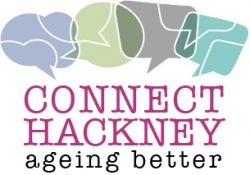Ofcom research suggests the UK’s digital divide narrowed during the coronavirus pandemic, as people went online to escape the lockdown.
The proportion of homes without any internet access has fallen from 11% in March 2020, when the UK entered lockdown, to 6% of homes in March 2021.
Adults with previously limited digital skills have embraced online shopping, banking and video conferencing – while younger people acted as IT support, helping older or less digitally-confident relatives and friends.
A minority remain digitally excluded
Despite many more people entering the online world, for the 6% of households who remain offline, research finds that digital exclusion during lockdown is likely to be more disempowering than ever.
Groups least likely to have home internet access are those aged over 65 and lower-income households. Nearly half of adults who remain offline say they find the internet too complicated, or it holds no interest for them.
For more than a third of people, a lack of equipment is a barrier. Six in ten of those who don’t use the internet at home say they have asked someone to do something for them online in the past year. Among these ‘proxy users’, the most common need was needing help to buy something.
Yih-Choung Teh, Ofcom’s Strategy and Research Group Director, says: “For many people, lockdown will leave a lasting legacy of improved online access and better digital understanding. But for a significant minority of adults and children, it’s only served to intensify the digital divide.
Online escapism during Covid pandemic
Online activities provided a welcome distraction for many during lockdown, with the pandemic accelerating the adoption of digital services. Gaming grew in popularity among adults. More than half of adults played games on a device such as a smartphone, games console or PC, with a third of adults playing online.
Find out more about Connect Hackney’s digital projects here.

